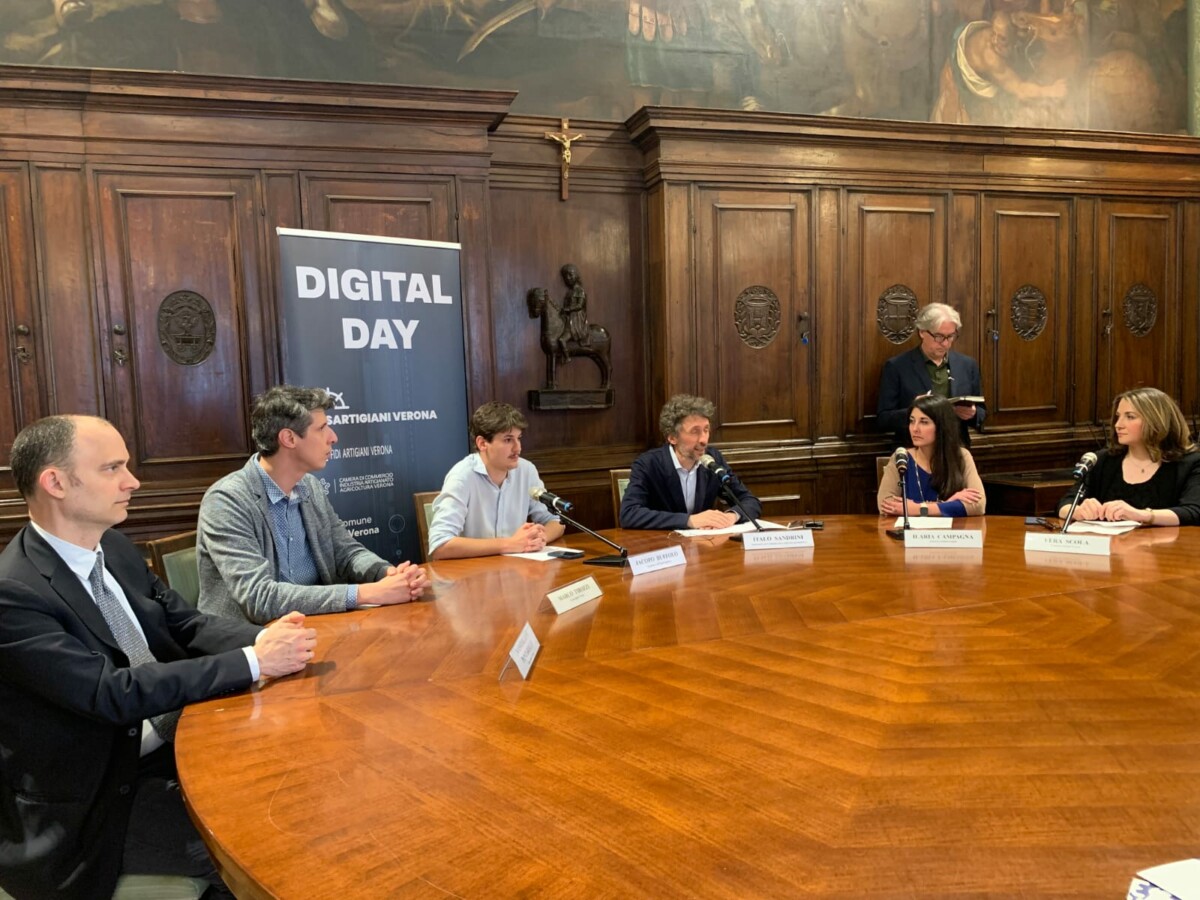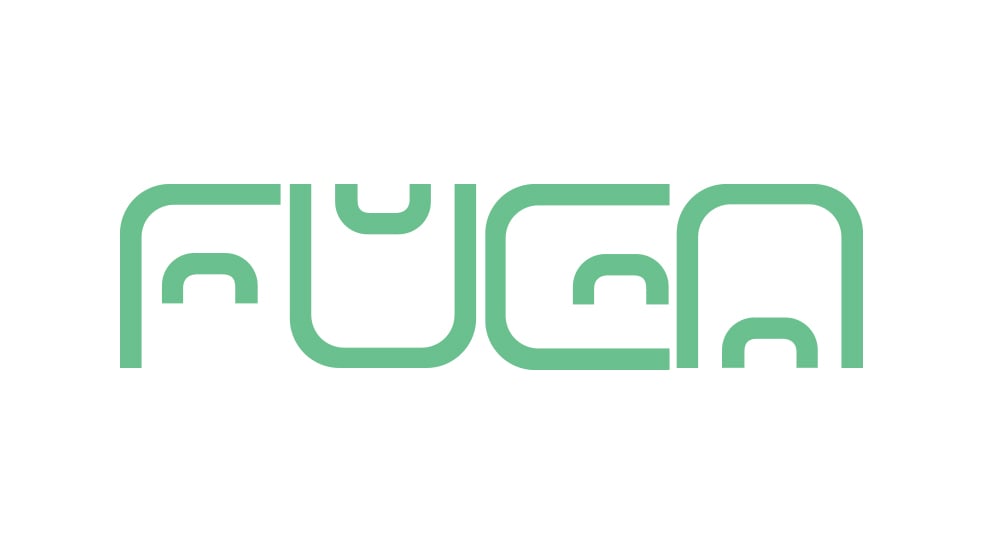The practice of combining gamification aspects and reward systems into marketing initiatives is gaining popularity. Marketers utilize a variety of strategies, including time-limited events, in-game incentives for accomplishing objectives, and marketing loyalty programmes, to increase player engagement and retention rates. Essentially, these strategies are intended to provide the player with a pleasurable experience while also motivating them to continue interacting.
- Influencer Marketing: The gaming industry has witnessed a rise in the use of influencer marketing to promote their products and reach a wider audience. This growing trend is expected to persist in the coming years. Game developers and publishers collaborate with popular gaming personalities and broadcasters to advertise their new releases and create buzz around them. By leveraging the reach and credibility of these influencers, the gaming industry has managed to enhance its marketing efforts and attract more customers.
- Live Streaming and Game Streaming Platforms: Various popular online platforms have emerged as a significant game marketing avenue in recent years. These platforms have provided opportunities for publishers and game developers to engage with the gaming community and showcase gameplay by partnering with streamers or creating their own official channels. Through these partnerships and channels, game publishers and developers have successfully connected with various gaming audiences, developed stronger relationships with their fan base.
- Esports Sponsorships: The phenomenon of electronic sports (esports) has been rapidly expanding in recent years, and as a result, many companies are investing in sponsorships of esports events, leagues, and teams. This trend is expected to continue, with even more companies in various industries looking to partner with esports entities in order to connect with the large and engaged gaming audience.
- Mobile Gaming Dominance: Mobile gaming is a rapidly growing sector of the gaming industry, and it is projected to maintain its position as a dominant force. In view of this, marketers are increasingly directing their attention towards mobile gaming platforms and are using a variety of methods to market their brands. These methods include making use of in-app advertisements, partnering with mobile game developers, and refining their marketing strategies to cater to mobile users.
- Personalization and User Experience: In the realm of gaming marketing, achieving high levels of player engagement has become increasingly important. One of the key strategies for achieving this is through personalization – tailoring marketing messages and offering customized experiences for players. Analyzing player preferences through data-driven insights is becoming an essential part of this process. By enhancing the user experience through personalization, gaming companies can create stronger connections with their players and increase their engagement levels.
- Cross-Platform Marketing: Cross-platform gaming experiences have been increasingly popular in recent times, and marketers are expected to capitalize on this trend to promote their campaigns. To leverage this new trend, some strategies such as synchronized game releases across different platforms, cross-platform promotions, and shared gaming experiences across multiple devices are likely to emerge. These tactics enable gamers to enjoy their gaming experience on different devices and platforms seamlessly.
- Virtual Reality (VR) and Augmented Reality (AR): Virtual reality (VR) and augmented reality (AR) technologies have been gradually gaining popularity in the gaming industry and are expected to be increasingly used by marketers in the future to make their advertising campaigns more captivating. Marketers can employ VR/AR experiences, product placements, as well as interactive advertisements in their marketing campaigns. Industry experts predict that VR and AR technologies will become more ubiquitous in marketing campaigns in the upcoming years as businesses look to enhance their marketing strategies.
- User-Generated Content (UGC): User-generated content has proven to be a valuable asset for marketers seeking to engage with gaming communities. In order to build a collaborative and interactive community, marketers were advised to actively encourage and promote the creation and sharing of user-generated content, including fan art, gameplay videos, and user reviews. By utilizing this approach, marketers not only fostered community engagement, but also amplified their marketing efforts, ultimately leading to increased brand visibility and loyalty.
- Data-Driven Marketing: In recent times, the significance of data analytics and user insights has escalated in the gaming industry. As a result, marketers are anticipated to utilize gathered data to comprehend the behavior patterns of players, optimize promotional campaigns, tailor personalized user experiences, and ultimately generate higher ROI. It has become increasingly crucial for marketers to be adept in gathering valuable insights from available.
- Social Media Engagement: Social media platforms play a crucial role in marketing games, where the key is to create and maintain a strong online community, interact with players, and offer timely updates. To this end, gamers employ different platforms like Twitter, Facebook, Instagram, and Discord to establish and strengthen connections with their audience, thereby promoting brand loyalty. These platforms also provide an avenue to showcase game trailers, teasers, and in-game footage to the audience.
- Gamification and Rewards: Gamification has become a popular strategy for marketing campaigns, with the incorporation of game-like elements and reward systems. The use of limited-time events, in-game rewards for completing tasks, and loyalty programs are some of the methods employed by game marketers to boost engagement and retention among players. By incentivizing player interaction through such strategies, companies can increase the likelihood of customer retention and subsequent brand loyalty.
Disclaimer
Views expressed above are the author’s own.
END OF ARTICLE












